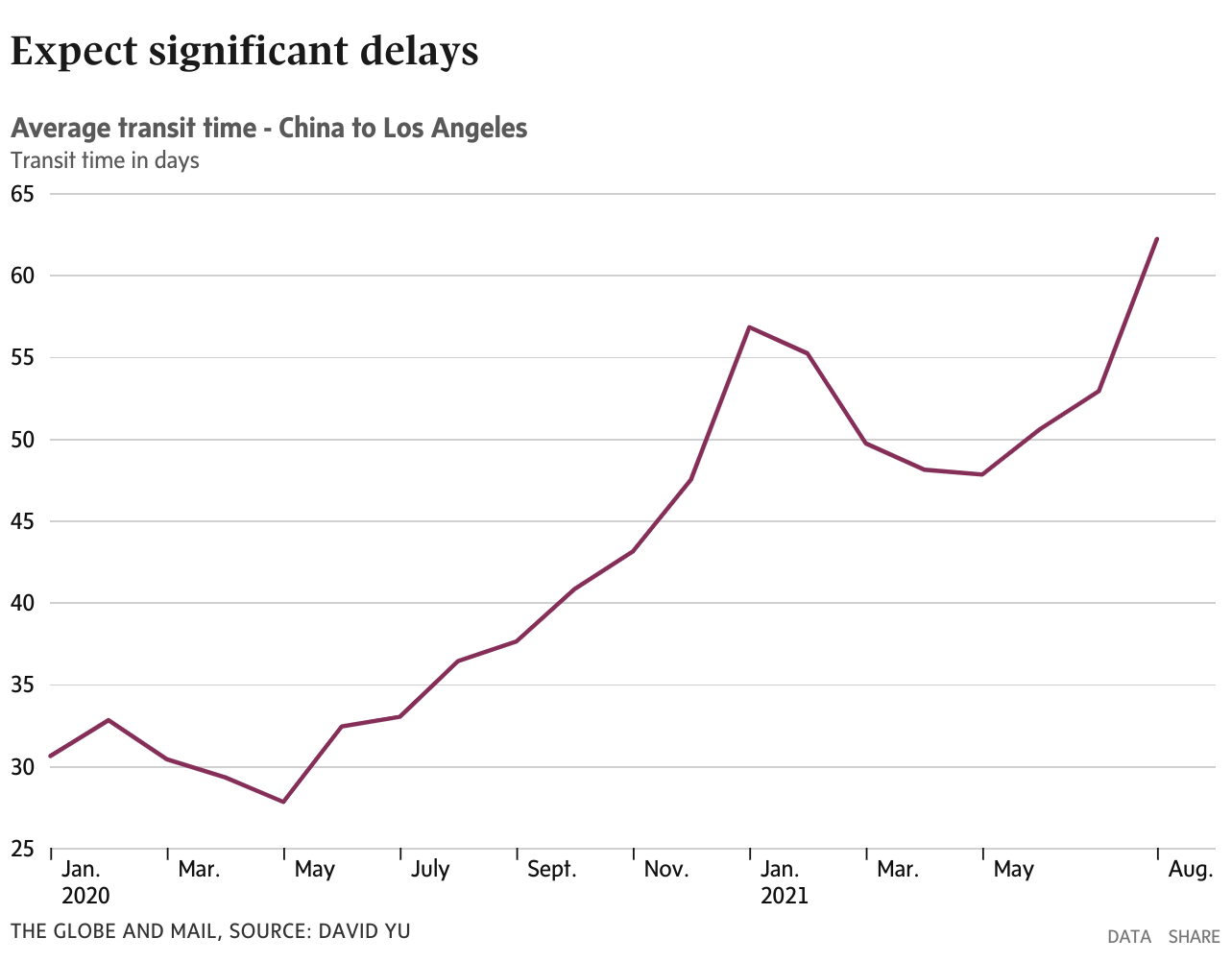Monday morning news drop
The $30B child-care challenge: building a new program from the ground up Advocates say that without proper compensation for workers, it will be impossible to build a program (CBC)
21 really good things that happened in 2021 Behind the scary headlines, the human race is making a tremendous amount of progress. Scrape those burned edges off the year’s news, a lot of the stuff underneath is actually really good. A positive story that continues quietly, year on year (the explosive growth of electric vehicles, say, or the collapse of the coal industry), can seem invisible. These are breadcrumbs compared to the big, hearty, global trends, ones that could make the 2020s a much more satisfying decade than the one-star reviews suggest. (Mashable)
Surprise! The Pandemic Has Made People More Science Literate Despite rampant misinformation, Covid-19 has pushed science into the zeitgeist, as people have absorbed new words and how scientific discovery actually works. (Wired)
Japan Won’t Let Them Have Kids, So They Turn to the Black Market for Sperm Instead Japanese law allows only married couples to have children, leaving LGBTQ couples navigating a clandestine market for sperm donation. (Vice)
The Looming Threat of a Nuclear Crisis with Iran: The Biden Administration faces a potential confrontation with a longtime rival that is better armed and more hard-line than at any time in its modern history. (New Yorker)
The Fed’s Doomsday Prophet Has a Dire Warning About Where We’re Headed Thomas Hoenig knew what quantitative easing and record-low interest rates would bring. (Politico)
A Different Kind of Recovery A look at 2021 and the impact of the pandemic on the economy (KKR)
First They Fought About Masks. Then Over the Soul of the City. In Enid, Okla., pandemic politics prompted a fundamental question: What does it mean to be an American? Whose version of the country will prevail? (New York Times)
A Record Number of Journalists Jailed China remained the top jailer of journalists for the third year in a row, with 50 locked up. Myanmar moved up to second place because of a military coup in February and the media crackdown that followed. Egypt, Vietnam and Belarus were the next three. (New York Times)
Activists Who Are Risking All to End the War on Drugs Travis Lupick previously wrote the story of drug user health advocacy in Vancouver. His second book shines a light on Americans. (Tyee)
Rick Flick Lost His Son. At Cincinnati, He Found New Purpose: Flick wanted to honor his son’s commitment to the football team. Now an invaluable cog of the program, he will be on hand as the Bearcats prepare to make history in the CFP. A father fulfills his lost son’s biggest dream (Sports Illustrated)
The Year in Graphics The year 2021 held great promise—for starters, it meant 2020 had finally ended. But dreams of a return to normalcy were quickly dashed by U.S. Capitol riots that threw into question the very survival of American democracy, supply chain issues that snarled global commerce, an uneven rollout of Covid vaccines and new waves of infections, deadly wildfires and extreme market volatility driven by Redditors pushing meme stocks. Here’s how we told some of 2021’s most important stories with charts, maps and visuals. (Bloomberg)
Champagne bubbles: the science As you uncork that bottle and raise your glass, take time to toast physics and chemistry along with the New Year. (Knowable)
18 Sports Highlights From 2021 Worth Watching Again World records, no-look shots, extraordinary goals, trick base running, come-from-behind victories … we may not know what sports will look like in 2022, but 2021 had it all. (New York Times)
Boba Fett, Intergalactic Man of Mystery How did this fearsome “Star Wars” bounty hunter go from a peripheral player to the star of “The Book of Boba Fett”? He used the support of fans — and a little brute force. (New York Times)
14 charts that show what inflation and monetary policy will look like in the next year The Globe and Mail asked dozens of experts about the economy in 2022. Here are the charts they think are important to watch and why (Globe and Mail)



